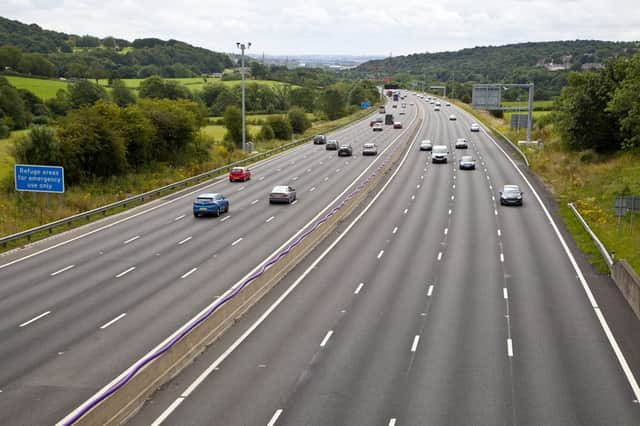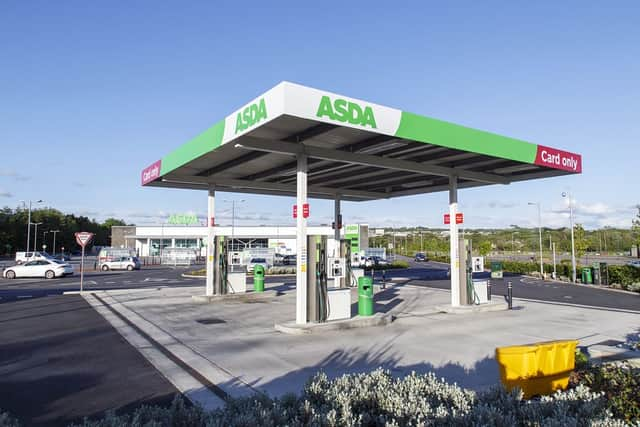Government loses £2.4bn in fuel revenue due to lockdown


The UK Treasury has been left facing a £2.4 billion financial black hole as a result of lockdown’s impact on drivers.
Figures from HM Revenue and Customs obtained by the RAC, show that receipts from fuel duty in April and May were down significantly compared with a year ago as motorists stayed at home and businesses restricted their activities.
Advertisement
Hide AdAdvertisement
Hide AdFuel duty makes up 57.95p of every litre of fuel sold and generates close to £30bn a year for the Treasury. However, as millions of drivers stopped filling up the Government saw a significant drop in the money made from its collection.
Revenue from diesel was hardest hit, with the fuel used by hauliers and transport providers as well as regular car owners. In April and May this year diesel duty contributed £1.5bn, down 49 per cent from £2.9bn in the same period in 2019. However, income from petrol was also down significantly, from £1.6bn to £634 million. Petrol duty income fell to its lowest levels in 30 years in May, at £251m.
Collectively, the duty take on petrol and diesel fell to £2.1bn compared to £4.5bn in 2019.
Traffic around the UK fell by between 60 and 80 per cent at the peak of lockdown and while drivers filling up less had a major impact, duty take was also affected by a sharp decline in fuel prices as the coronavirus pandemic affected demand and pushed wholesale oil prices down.
Glimpse of the future


Advertisement
Hide AdAdvertisement
Hide AdRAC head of roads policy Nicholas Lyes said that while the figures were dramatic, the Government must not be tempted to increase fuel duty in a bid to recoup the losses. And he warned that the figures were a small glimpse at the difficulties the Treasury will face as combustion-engined cars are phased out.
He said: “The financial impact of the coronavirus on the Government has clearly been immense. The lost revenue on fuel duty is a further blow to the public finances and while motor traffic volumes have recovered during the summer, they are still between 10-15 per cent below pre-lockdown levels.
“The temptation for the Chancellor might be to recoup some of the losses by increasing fuel duty, but with the country staring down the barrel of one of the sharpest recessions on record such a move would risk choking any economic recovery at a time when drivers and businesses are most struggling.
“This perhaps gives the Government a glimpse into the future of when fuel duty revenues start to decline more sharply with the rise of electric and other alternatively fuelled vehicles. Treasury officials might want to start thinking about how the Government approaches such a scenario considering fuel duty normally generates around £27bn a year.”